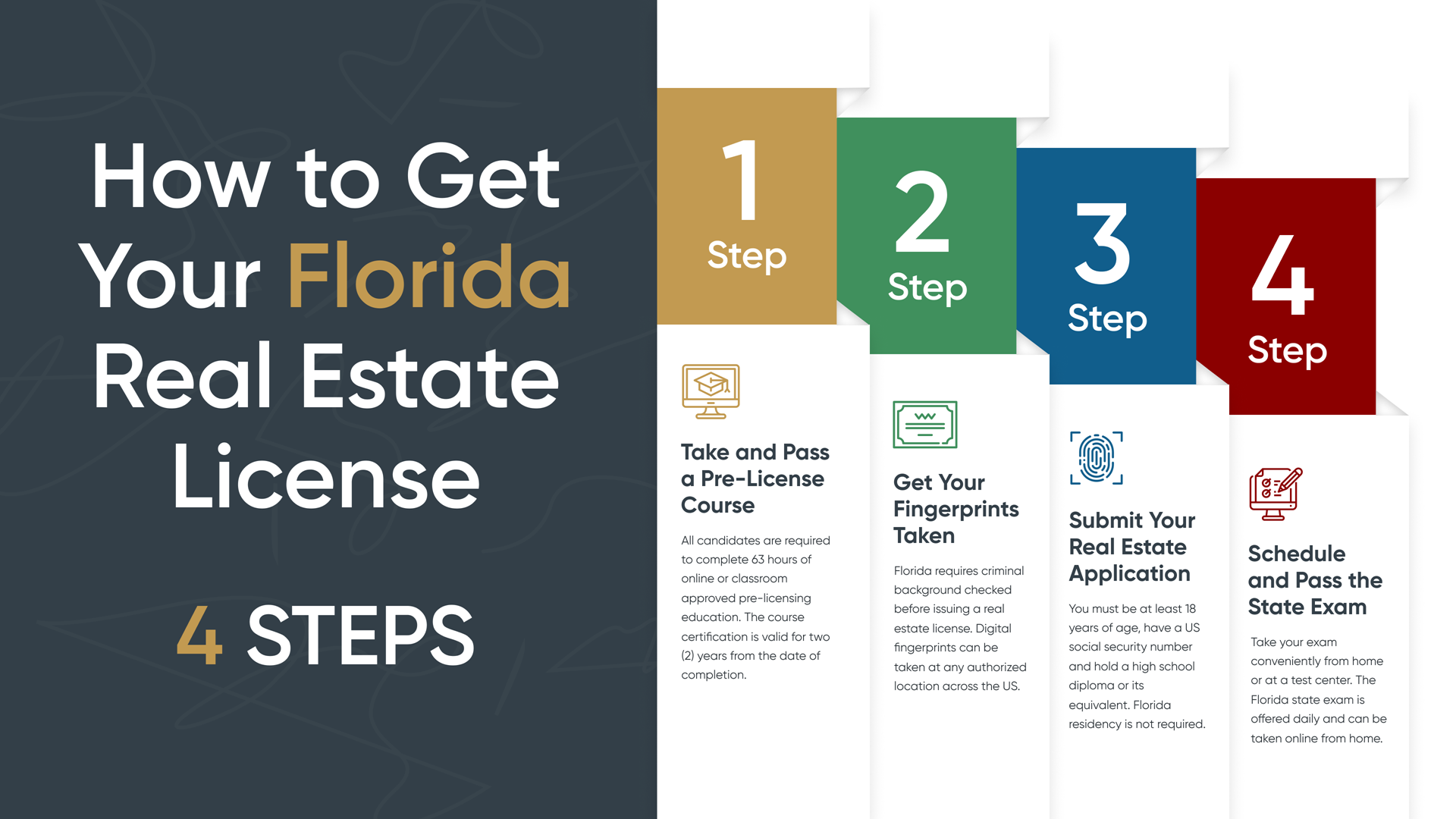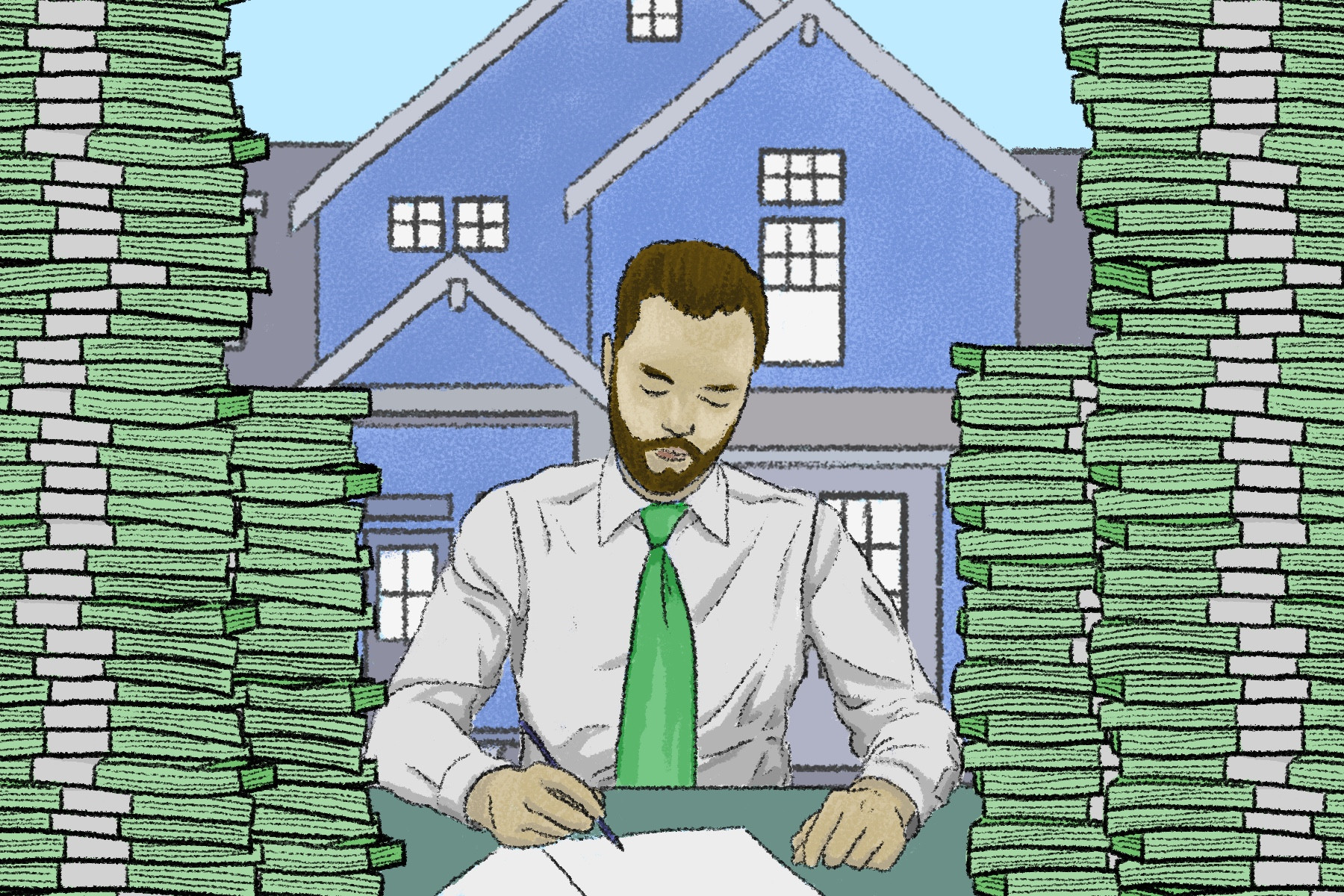
What is the difference between real estate agents and brokers? They serve very different purposes, so let us take a look at what the main differences are between them. Working with an agent and broker is a good idea, regardless of whether you are looking for a home to buy or to sell. Both are beneficial, so your choice. You can read the comparison article between broker and agent.
Real estate agent
Although there may be differences between brokers or agents, both are vital to the success of your home buying experience. While brokers handle the legalities, buyer's agents find properties and negotiate offers. Brokers assist with the paperwork and keep escrow funds. The role of a buyer's agents is to help buyers navigate the buying process and find the perfect house. Some jurisdictions refer to agents as brokers.

Agents and Realtors can be licensed real estate professionals. Each type must have a real estate license. They must also adhere to strict codes of ethics. Real estate agents, for example, must be members of NAR and adhere to its code of ethics. A broker must be a licensed real estate agent. Both roles are distinct.
Agent for the buyer
It is important to consider your personal circumstances before deciding on a buyer’s agent or broker. The first is legally required to represent the best interests of the buyer. A buyer's agency, on the contrary, has a fiduciary relationship with the seller. Buyer's agents are better equipped to help buyers because they have an outsider’s perspective. But buyers should make sure that they understand the benefits and drawbacks of working with a buyer's agent.
A buyer's agent provides a range of services including market analysis, evaluation of comparable sales and determining the value of the property based on its features. He or she may also assist with preparing a co-op board package or handling other contract terms. The buyer's agent can also help you navigate the potential speed bumps that could cause a deal to be canceled. The agent can help you avoid those speed bumps by making sure that you don't make a mistake that could cost you thousands.
Insurance broker
It can be difficult to choose between an agent or an insurance broker if you are looking to purchase insurance. An insurance agent must be licensed by the state. Agents are often tied to one or two insurance companies. Brokers, on the other hand, can shop around and compare all possible options for you, saving you a significant amount of time. Here are some reasons to choose an insurance broker.

The main difference between an insurance agent or an insurance broker lies in their representation. While an insurance agent represents an insurer, a broker represents an insurance buyer. A broker may represent one insurance company or all of them. A broker can represent many different insurance companies and will typically have a wider network. However, insurance agents can represent one particular insurer, while a broker represents many. This is a significant difference.
FAQ
Can I buy a house without having a down payment?
Yes! Yes! There are many programs that make it possible for people with low incomes to buy a house. These programs include government-backed loans (FHA), VA loans, USDA loans, and conventional mortgages. You can find more information on our website.
What are the 3 most important considerations when buying a property?
The three most important things when buying any kind of home are size, price, or location. Location is the location you choose to live. Price is the price you're willing pay for the property. Size refers to how much space you need.
Should I rent or own a condo?
Renting could be a good choice if you intend to rent your condo for a shorter period. Renting lets you save on maintenance fees as well as other monthly fees. A condo purchase gives you full ownership of the unit. You have the freedom to use the space however you like.
How much does it cost for windows to be replaced?
The cost of replacing windows is between $1,500 and $3,000 per window. The total cost of replacing all of your windows will depend on the exact size, style, and brand of windows you choose.
Are flood insurance necessary?
Flood Insurance protects from flood-related damage. Flood insurance protects your belongings and helps you to pay your mortgage. Learn more about flood coverage here.
What are the benefits to a fixed-rate mortgage
With a fixed-rate mortgage, you lock in the interest rate for the life of the loan. You won't need to worry about rising interest rates. Fixed-rate loans offer lower payments due to the fact that they're locked for a fixed term.
What are the cons of a fixed-rate mortgage
Fixed-rate loans tend to carry higher initial costs than adjustable-rate mortgages. You may also lose a lot if your house is sold before the term ends.
Statistics
- This means that all of your housing-related expenses each month do not exceed 43% of your monthly income. (fortunebuilders.com)
- Based on your credit scores and other financial details, your lender offers you a 3.5% interest rate on loan. (investopedia.com)
- Over the past year, mortgage rates have hovered between 3.9 and 4.5 percent—a less significant increase. (fortunebuilders.com)
- When it came to buying a home in 2015, experts predicted that mortgage rates would surpass five percent, yet interest rates remained below four percent. (fortunebuilders.com)
- This seems to be a more popular trend as the U.S. Census Bureau reports the homeownership rate was around 65% last year. (fortunebuilders.com)
External Links
How To
How to Manage a Property Rental
You can rent out your home to make extra cash, but you need to be careful. These tips will help you manage your rental property and show you the things to consider before renting your home.
If you're considering renting out your home, here's everything you need to know to start.
-
What is the first thing I should do? Before you decide if you want to rent out your house, take a look at your finances. If you have outstanding debts like credit card bills or mortgage payment, you may find it difficult to pay someone else to stay in your home while that you're gone. You should also check your budget - if you don't have enough money to cover your monthly expenses (rent, utilities, insurance, etc. It might not be worth the effort.
-
How much does it cost to rent my home? There are many factors that influence the price you might charge for renting out your home. These include factors such as location, size, condition, and season. Keep in mind that prices will vary depending upon where you live. So don't expect to find the same price everywhere. The average market price for renting a one-bedroom flat in London is PS1,400 per month, according to Rightmove. This would translate into a total of PS2,800 per calendar year if you rented your entire home. While this isn't bad, if only you wanted to rent out a small portion of your house, you could make much more.
-
Is this worth it? It's always risky to try something new. But if it gives you extra income, why not? Before you sign anything, though, make sure you understand exactly what you're getting yourself into. Not only will you be spending more time away than your family, but you will also have to maintain the property, pay for repairs and keep it clean. Make sure you've thought through these issues carefully before signing up!
-
What are the benefits? You now know the costs of renting out your house and feel confident in its value. Now, think about the benefits. Renting your home is a great way to get out of the grind and enjoy some peace from your day. No matter what your choice, renting is likely to be more rewarding than working every single day. And if you plan ahead, you could even turn to rent into a full-time job.
-
How can I find tenants Once you've decided that you want to rent out, you'll need to advertise your property properly. You can start by listing your property online on websites such as Rightmove and Zoopla. Once you receive contact from potential tenants, it's time to set up an interview. This will allow you to assess their suitability, and make sure they are financially sound enough to move into your house.
-
How can I make sure that I'm protected? You should make sure your home is fully insured against theft, fire, and damage. You'll need to insure your home, which you can do either through your landlord or directly with an insurer. Your landlord will likely require you to add them on as additional insured. This is to ensure that your property is covered for any damages you cause. This doesn't apply to if you live abroad or if the landlord isn’t registered with UK insurances. In such cases you will need a registration with an international insurance.
-
Even if your job is outside the home, you might feel you cannot afford to spend too much time looking for tenants. However, it is important that you advertise your property in the best way possible. A professional-looking website is essential. You can also post ads online in local newspapers or magazines. You'll also need to prepare a thorough application form and provide references. Some people prefer to do everything themselves while others hire agents who will take care of all the details. You'll need to be ready to answer questions during interviews.
-
What happens once I find my tenant If you have a contract in place, you must inform your tenant of any changes. If you don't have a lease, you can negotiate length of stay, deposit, or other details. You should remember that although you may be paid after the tenancy ends, you still need money for utilities.
-
How do I collect the rent? When the time comes for you to collect the rent you need to make sure that your tenant has been paying their rent. You will need to remind your tenant of their obligations if they don't pay. You can deduct any outstanding payments from future rents before sending them a final bill. If you are having difficulty finding your tenant, you can always contact the police. If there is a breach of contract they won't usually evict the tenant, but they can issue an arrest warrant.
-
How do I avoid problems? You can rent your home out for a good income, but you need to ensure that you are safe. You should install smoke alarms and carbon Monoxide detectors. Security cameras are also a good idea. Make sure your neighbors have given you permission to leave your property unlocked overnight and that you have enough insurance. You should never allow strangers into your home, no matter how they claim to be moving in.